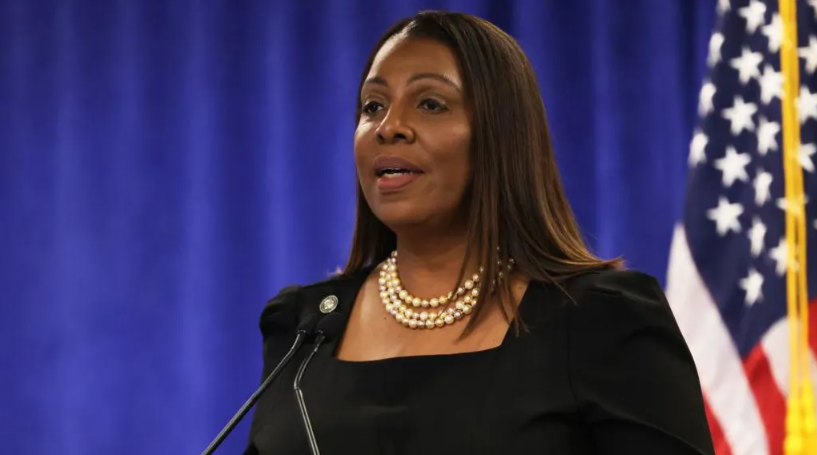
Trump Administration Faces Legal Challenges Over Tariffs
The Trump administration is facing mounting legal pressure after twelve states, including New York, Oregon, and California, filed a lawsuit challenging the president’s authority to impose new tariffs without Congressional approval. The legal action centers around tariffs recently levied on a range of imported goods, which the administration claims are necessary for national security and to protect American industries.
However, the states argue that the president overstepped constitutional boundaries by bypassing Congress, which traditionally holds the power to regulate international commerce and impose tariffs. The lawsuit contends that these unilateral actions threaten state economies, increase consumer prices, and disrupt businesses that rely on global supply chains.
New York Attorney General Letitia James, one of the lead plaintiffs, stated, “The Constitution is clear — Congress, not the president, has the power to impose tariffs. We are standing up to protect our states’ economic interests and to defend the checks and balances that are fundamental to our democracy.”
Legal experts note that while presidents have some leeway under laws like the Trade Expansion Act of 1962 and the International Emergency Economic Powers Act, this case may test the limits of executive authority in trade policy. The outcome could have broad implications for how future administrations use economic tools in foreign policy.
The White House defended the tariffs as necessary to counter what it calls "unfair trade practices" by foreign nations, particularly China. A spokesperson argued that the president’s actions are within his legal authority and are aimed at strengthening national security and economic resilience.
As the lawsuit proceeds through the courts, it adds another layer of legal scrutiny to an administration already entangled in multiple legal and political controversies.
Author: Global Ripple
Posted on: April 24, 2025
 Global Ripple
Global Ripple